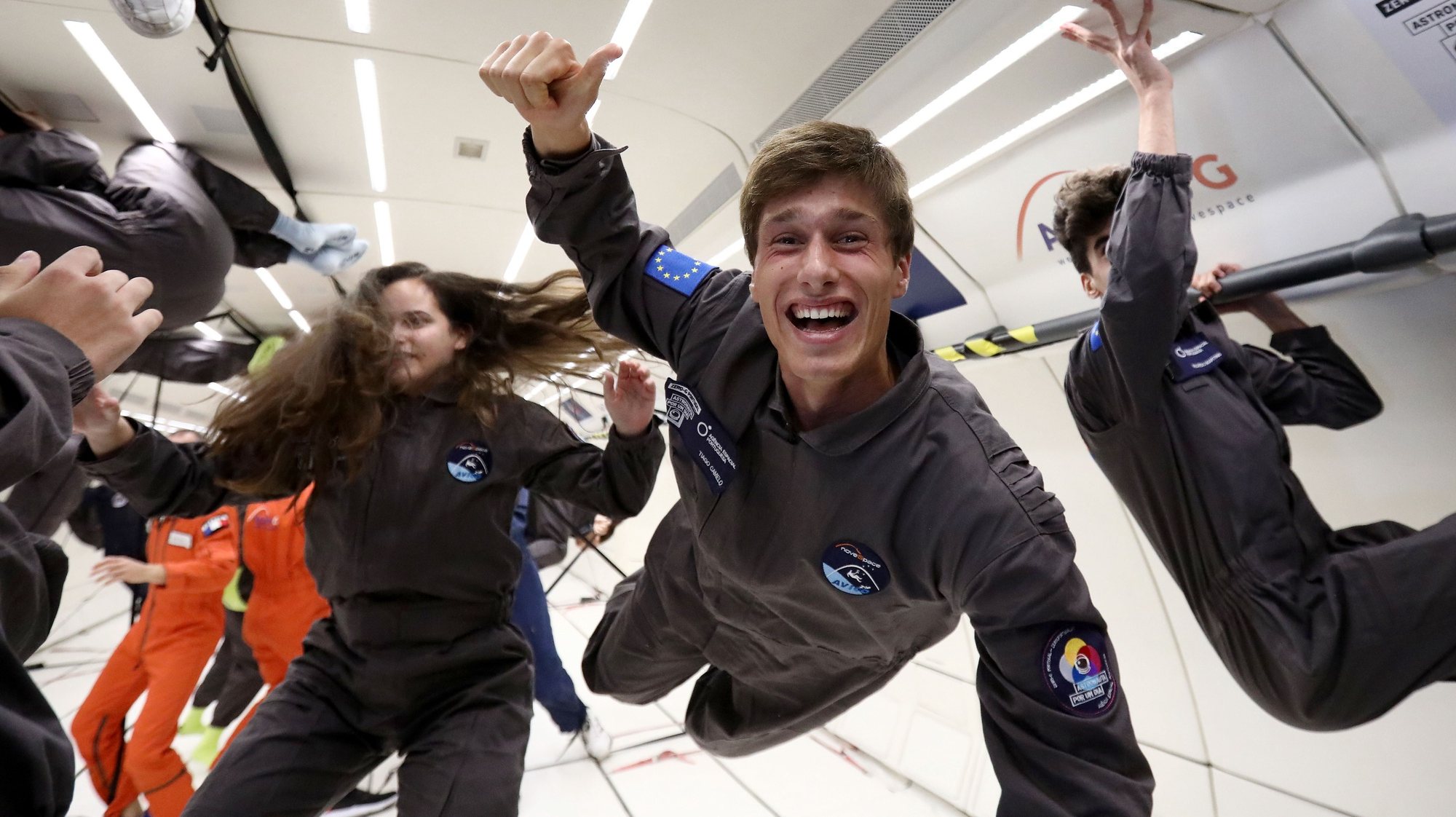The president of the Portuguese Space Agency, Ricardo Conde, defended this Wednesday, in Lisbon, The need for global regulation. for the sustainable management of space activities and the control of space debris.
In statements to the Lusa agency on the sidelines of the international conference organized in collaboration with United Nations Agency for Space AffairsThe head of PTSapace indicated that at the beginning of the next decade there will be more than 150,000 satellites in orbit.
“In reality, we are experiencing an exponential racial problem, with very intense commercial activity, space debris problems. This consensus that is necessary to have on this problem makes it an emerging issue and regulation at a global level is needed,” he stated.
From the conference held in Lisbon, on Tuesday and Wednesday, a declaration emerged that was defined as “a commitment”, which represents “a convergent look at the problem of management and sustainability of space activities.”
According to Ricardo Conde, when observe debris or satellite parts Re-entering the Earth’s atmosphere is “the good part of the news”, since the main objective is to get “everything to re-enter”, in a controlled manner and mitigating the risks.
“The big problem is that, since the 1960s, we have sent components to orbit and have not ensured their re-entry. At the moment, It is almost impossible to measure the amount of space junk we have and this puts us at risk of putting more satellites there.but it also puts a future human presence in orbit at risk,” he said.
According to the space sector specialist, problems arise at several levels. “We are seeing more and more space services in orbit, which is a situation that has a scope that in conflict situations is tactical and that was seen with Starlink, when it was the issue of Ukraine,” he exemplified when referring to the North American Company’s project. SpaceX.
“Any problem that happens to these satellites also constitutes a security risk and therefore a threat and escalation, almost like an attack on systems that are in orbit and that belong to other countries. This has enormous geopolitical implications. In fact, Russia’s intervention went a little in that direction.”he added when commenting on the work of the conference.
To avoid accidents, whether due to negligence or lack of coordination at the international level, it is necessary to “regulate access to space” and adopt good practices for the removal of garbage after the use of the equipment.
“We live in a moment in which we need to act on three fronts; The first is surveillance, space debris mitigation, and collision avoidance.The second is to implement practices so that what is put there is removed after its useful life,” he explained.
Another “extremely important” aspect, he highlighted, is the exploration of celestial bodies resourcestes, like minerals: “There are expensive minerals on the moon, but more than that, it is also a starting point for, eventually, a militarization of space.”
The topic was also discussed at the conference, which will be a contribution to the agenda of the Future Conference, to be held in September in New York, where several global problems will be addressed at the UN level.
“Space is common to all humanity and we cannot make space an extension of the territory,” he explained. The perspective of space militarization, including the introduction of weapons into space, implies a work front at the international level to define good practices, in order to avoid past mistakes.
“For example, the question of the moon, how is that going to be done? Is it first come, first served, like we did in the old colonies, will first come first serve say it’s mine? Where does it say that that part is yours, mine, that country? Are we jokingly saying ‘let’s make a Treaty of Tordesillas for the Moon’?” said the head of the Portuguese agency.
“This discussion is currently taking place. By the beginning of the next decade, we will have more than 150,000 satellites in orbit., to provide services like the Internet to our phones, directly, but there are millions of little pieces of junk, little components of space junk. This is the problem that arises. The Lisbon Declaration is in the sense of cooperation between States,” he stated.
Source: Observadora
